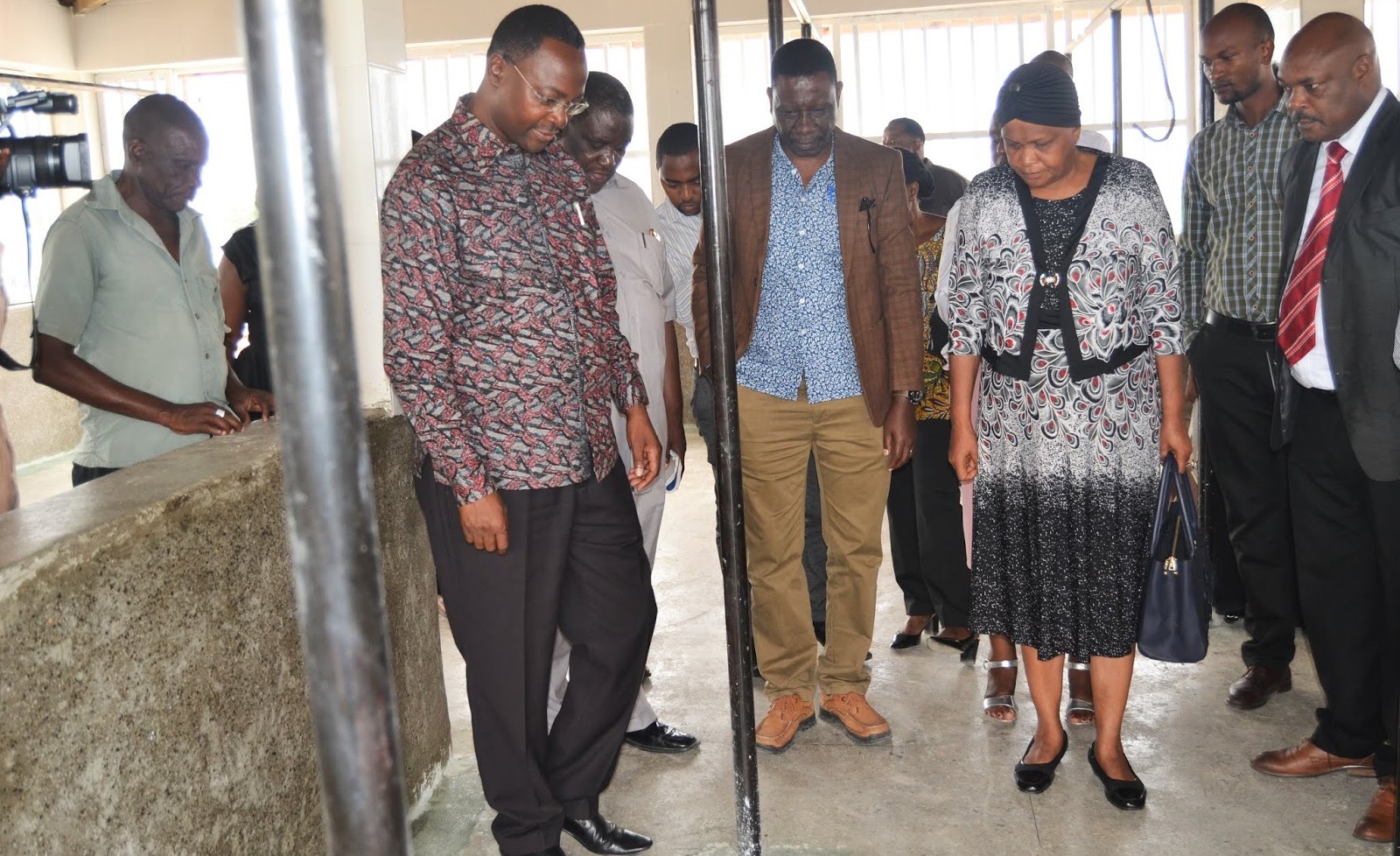THE government has refused to reopen Msalato slaughterhouse, saying the repairs were sub-standard, raising doubts on how money was spent and that the project did not conform to environmental impact assessment requirements.
Former Minister of State in the Vice-President’s Office (Union and Environment) George Simbachawene said after a brief tour of the project.
He stated, point blank, that he wouldn’t be a guest of honour at its inauguration because he had very serious reservations on how the project was implemented and how Tanzanians’ money was spent.
He said the physical layout of the project alone suggested that environmental impact assessment prerequisites were disregarded.
The minister was accompanied by staff of the National Environment Management Council (NEMC).
“I am giving the contractor one week to put things in order. A financial statement should be prepared to allow authentication on how taxpayers’ money was spent and see whether or not the work merits the money that was spent on it,” he said.
He said Tanzanians had invested great faith in the fifth phase government led by President John Magufuli and called on civil servants to ensure they supervised the project properly because, he explained, they were being implemented using tax payers’ money, adding that the present government was keen on proper delivery of results.
The slaughter house was closed by order of the Parliamentary Standing Committee on Industries, Trade and Environment.
The no-nonsense minister’s refusal to officiate the function sent a chilling message to the contractor and Msalato Ward leaders.
Msalato Councilor, Ali Mdende Mohamed pledged that the ward leaders would ensure compliance with the new work the minister had directed should be undertaken.
One of the abattoir beneficiaries, Mr Emmanuel Daniel, called for speedy revamping of the slaughter house, saying many people were benefiting from sideline economic activities when it became operational.
“We are now jobless,” he lamented Josephat Chiwanga, a butchery owner, echoing Mr Daniel’s appeal, saying unacceptable actions of leaders of the slaughter house were affecting the livelihoods of thousands of people who conducted direct and indirect economic activities within the slaughter house.







